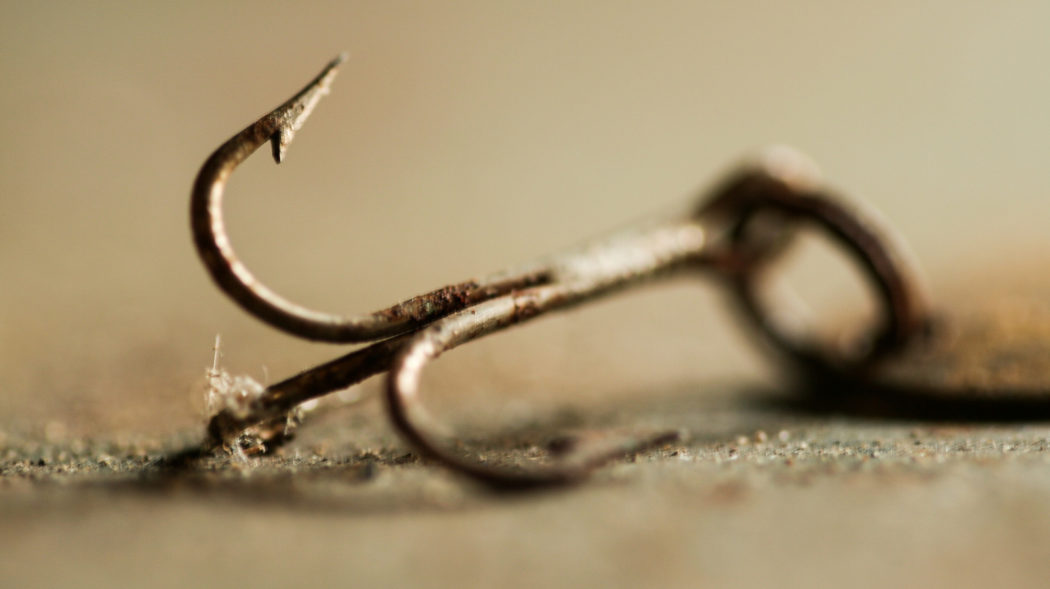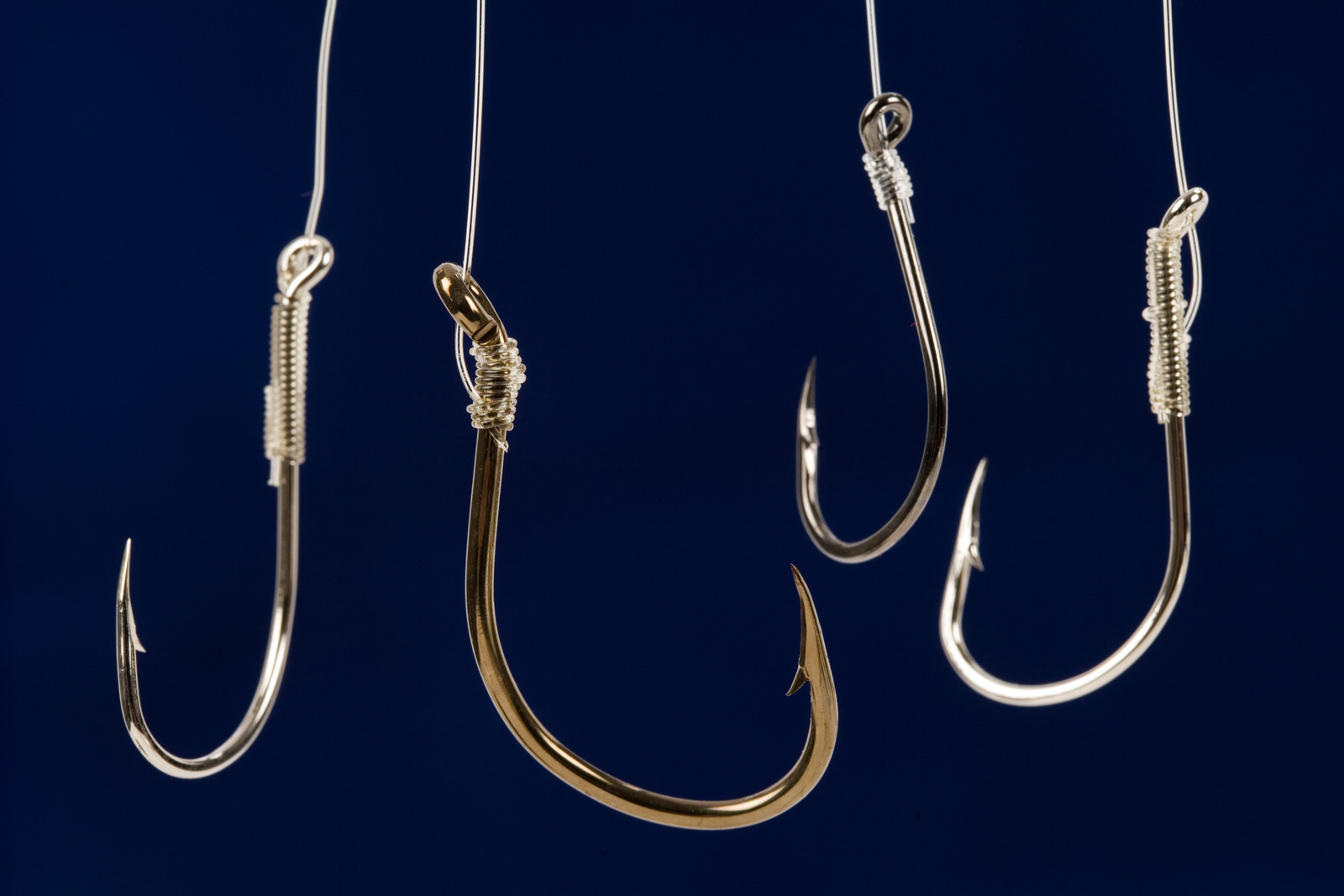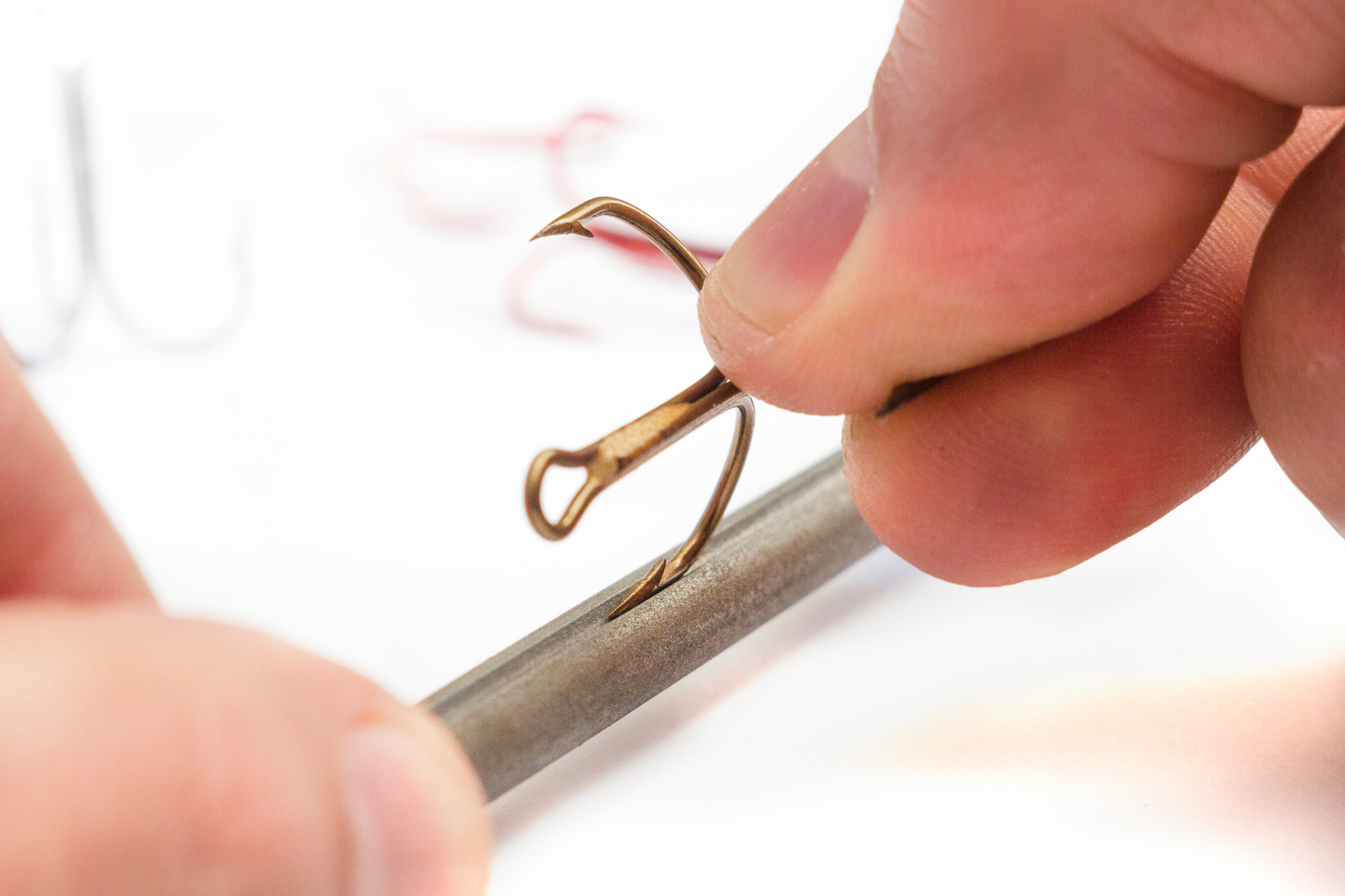Are Rusty Fishing Hooks Bad For Fishing? Are They Safe?

There’s nothing worse than getting a fish on the line and then having it get away because of a rusty fish hook. But is that really such a big deal?
Rusty fish hooks have been around for centuries, and there are plenty of fishermen who still use them without any problems.
So what’s the verdict? Are rusty fish hooks bad for fishing, or not?
So, are rusty fish hooks bad for fishing?
In a word, no. Rusty hooks can be just as effective as new ones if you’re careful how you use them.
And the most important thing is that rusty fish hooks are much better than no hook at all. So if you’re in a situation where there isn’t anything else around and you need to catch something quickly, don’t hesitate – just use whatever’s available!
So don’t worry – go ahead and grab that old rusty fish hook out of your tackle box and try catching a buffalo fish, bream, bluegill, or anything!
How do you keep a fishing hook from rusting?
Coat a light layer of oily
One way to keep your hooks from rusting is to coat them in a light layer of oil. This will help to protect them from the elements and keep them looking good for longer.
Store your fishing hook
Another option is to store them in a Ziploc bag or other airtight container when you’re not using them. This will help prevent any moisture from getting on the hooks and causing problems with their use later down the line!
How do you clean a fishing hook?
The easiest way to clean your hooks is with water and soap. Simply wet down one side of the hook before applying a small amount of dish soap to both sides.
Then rub or brush off any dirt and grime that might be on there as well! If you want them extra clean, use vinegar instead of water – just make sure not to get it in your eyes while doing so!
How long do fish hooks take to rust out?
This all depends on the environment that they’re in and how much moisture is present. In a dry environment, fish hooks may only take a few months to rust out – but if they’re constantly wet then they may not rust at all!
How do you sharpen a fishing hook?
Rusty fish hooks definitely aren’t as sharp as new ones, so they’re more likely to snag on the fish’s flesh and cause it to get away.
But if you’re careful when you set your hook and make sure that the rusty part of the hook is facing down, then you won’t have any problems with them!
Here’s how you can sharpen a fishing hook:
Use sandpaper or an electric sharpener
You can sharpen your hooks using sandpaper or an electric sharpener. If you choose to go down this route, make sure that only one side of the hook is being sharpened at any given time!
Use a file
Another option is to use a file and grind away at it until there’s no more metal left – but this will take longer than using sandpaper or an electric sharpener.
Can you get tetanus from a fishhook?
The answer to this is also no, you can’t get tetanus but it’s always a good idea to check with your doctor just in case.
Fish hooks can cause other injuries, such as cuts and lacerations, so it’s important to take precautions when you’re handling them – especially if they’re rusty!
In Conclusion
Rusty hooks can be just as effective as new ones if you’re careful how you use them. Rust isn’t going to kill the fish, so don’t worry about that – but it’s important to make sure that the rusty part of the hook is facing down when you set it! And remember to coat them in oil or store them in a Ziploc bag when you’re not using them. That’ll help keep them from rusting in the first place!
As an Amazon Associate, Fishermen's Angle earns from qualifying purchases. We get commissions for purchases made through links in this post.


